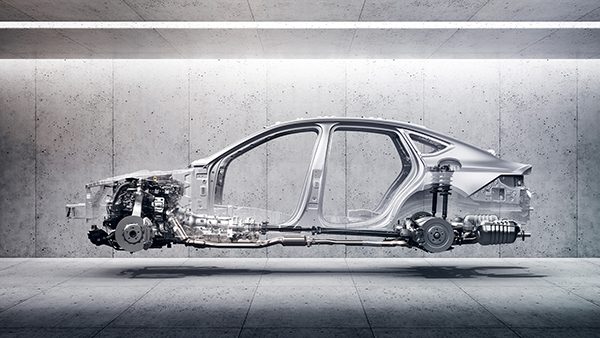Hyundai introduces “hypercasting” to rev up EV production

Stay up to date on exclusive content from CBT News by following us on Facebook, Twitter, Instagram and LinkedIn.
Don’t miss out! Subscribe to our free newsletter to receive all the latest news, insight and trends impacting the automotive industry.
CBT News is part of the JBF Business Media family.




